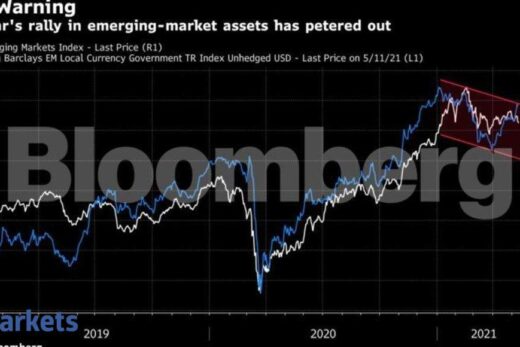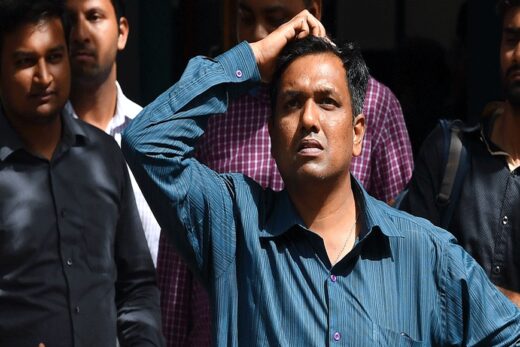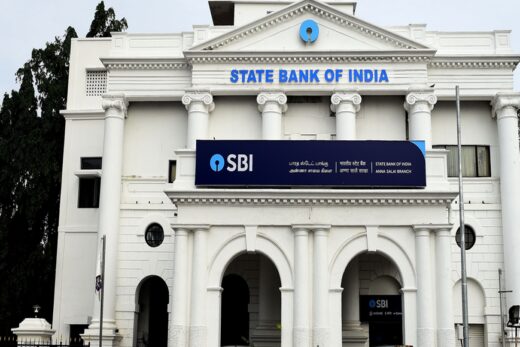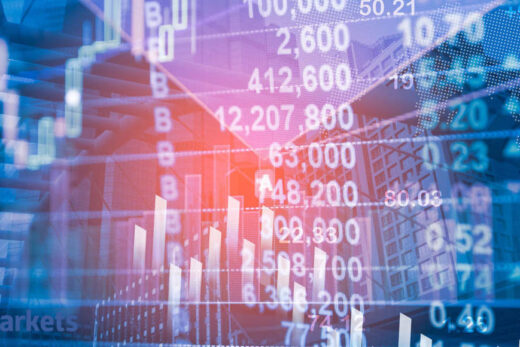The GST Council on Saturday slashed the levy on several goods used for treatment of Covid-19 – ranging from key medicines and oxygen to hand sanitizers, pulse oximeters and ambulances – while leaving the rate on vaccines unchanged at 5%.
The new rates will be applicable for a limited period – until September. The reduction, which will include medicines, such as remdesivir and tocilizumab apart from black fungus drug Amphotericin B, will translate into lower prices for patients who have been hit by the deadly virus.

In addition, the Council, comprising state and Union finance ministers, decided that in future any medicine for Covid treatment recommended by the health ministry or pharma department will have a GST rate of only 5%.
The move follows recommendations by a group of ministers comprising state finance ministers.
While states had sought to push for zero duty on vaccines, something that the Centre had repeatedly said was not feasible, their interest level on the issue seemed to have diminished after the vaccine formula was changed. Union finance minister Nirmala Sitharaman said the move will not put any pressure on the common man.
“Central government is purchasing 75% and is paying GST also. But the impact of this GST on people will be nil since people would be getting vaccines free of cost at government hospitals. Centre is purchasing, and it is given free to people,” Sitharaman said after the Council meeting.
The government said that it was not looking at the tax implications of the decisions. “The rate cut has not been done with any cost implications in mind, it has been done so that people get some ease… the decision has been taken to provide ultimate ease to patients,” revenue secretary Tarun Bajaj told reporters.
Abhishek Jain, a partner at consulting firm Ernst & Young, said a majority population will not be affected as most people are opting for free-of-cost vaccinations from the government. “For the limited few considering getting vaccinated at private hospitals, the 5% GST will continue to be a factor,” he said.
Deloitte India partner Mahesh Jaising said a 5% levy will ensure that the chain for giving credit for tax paid on inputs is intact.




